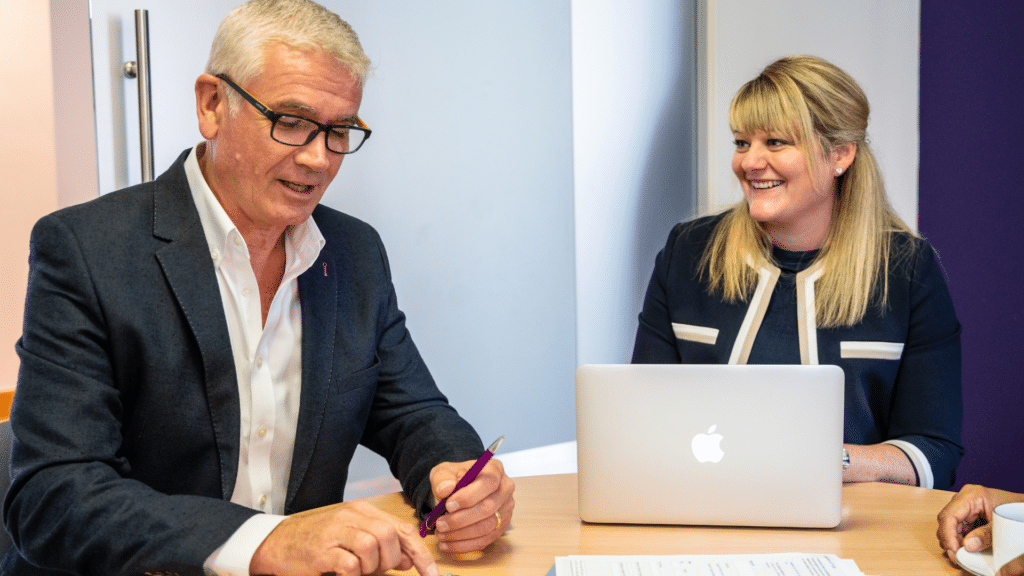A lawyer’s guide on helping clients with autism
Thursfields Solicitors has provided a guide on how the legal sector can make reasonable adjustments to support clients on the autism spectrum.
Kelly Pougher, an associate solicitor in the Family Law department at Thursfields’ Solihull office, was prompted into action after a recent conversation with her son, who has been diagnosed with autism.
She asked him if there was one thing he would like neuro-typical people to know about him what would it be, and he replied: “Just because I am autistic it does not mean that there is something wrong with me!”
Kelly said: “While I was very proud of his response, I also felt saddened that this was how he felt, and it’s likely that his comments will resonate with many more autistic children and adults.
Thinking about my own profession, it’s been pleasing to see recent attempts to identify how lawyers can best support the needs of clients who are on the autism spectrum.
But while this is a positive move in the right direction, in my view there is still so much which needs to be achieved in this area.”
Kelly has now produced a checklist of measures that she thinks could help the legal sector to improve its services to clients with autism.
- Plan ahead: send your client a step-by-step summary of what will happen at the meeting, pictures of the offices where the meeting will take place, clear guidance about where to park and details about the reception area, meeting room and anything else you feel could be supportive.
- Reduce sensory stimuli: flashing lights or background noise can cause heightened anxiety for people with autism. With this in mind, check out the meeting room beforehand to make sure there are as few distractions as possible, helping your client to feel it’s a safe and comfortable environment.
- Structure the meeting: make clear at the beginning how the meeting will be structured, so your client has certainty and feels supported.
- Eye contact: for some people on the autistic spectrum, eye contact can be extremely stressful and can increase anxiety. Therefore, be prepared to limit your eye contact in the meeting to help your client focus on the conversation at hand with minimal distraction.
- Timing: people with autism are prone to heightened anxiety and this can be increased by changes to their routine, sometimes leading to meltdowns if unsupported. Therefore, plan to keep meetings time limited and build in routine breaks to give your client processing time.
- Patience: there can often be some delay between hearing and responding for people with autism. It’s therefore important to make your client feel they can take as much time as they need to process information before they respond.
- Write things down: people with autism are said to be visual thinkers, and therefore it is sometimes appropriate to write information and questions down and communicate in writing.
Kelly said: “This list is by no means exhaustive and one size does not fit all. It’s just a small selection of the many strategies which could and should be put in place when our autistic clients engage the services of a lawyer.
We tend to conclude that life is about ‘give and take’ yet I cannot help but feel there is so much more we could give through making simple, reasonable adjustments which would have such a positive impact for both children and adults on the autism spectrum.”
She added: “When I think of the myriad of challenges my son must overcome every single day it should come of no surprise why by the end of his school day he is exhausted.
And it’s with that in mind that I think the legal sector should prepare for providing services for people with autism.
My overall advice is never to generalise or make assumptions on the needs of your client, and the fundamental importance is making sure autistic clients feel safe, supported, understood and, crucially, respected.”
Kelly has a wealth of professional experience in dealing with complex issues arising from the breakdown of a relationship involving children with special educational needs, and offers support to clients on the Autism Spectrum. She can be contacted on 0121 624 4000 or kpougher@thursfields.co.uk
Thursfields’ expert Family lawyers are available at any of our offices and surrounding areas – Birmingham, Worcester, Kidderminster, Solihull, and Halesowen.




